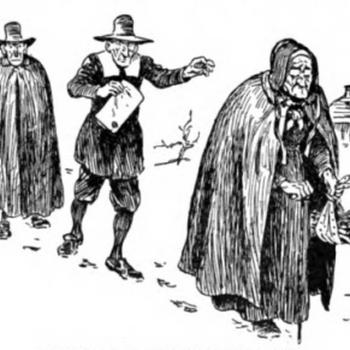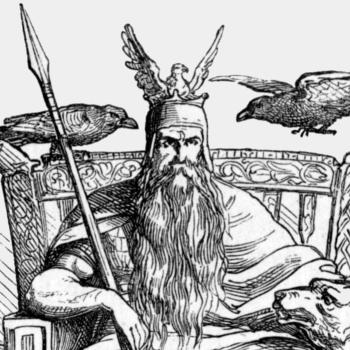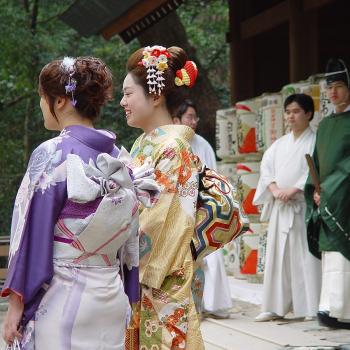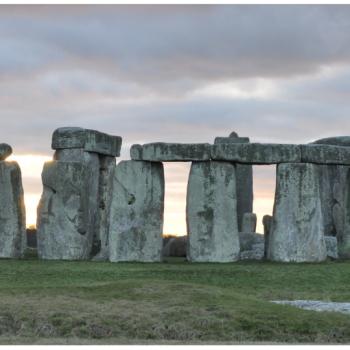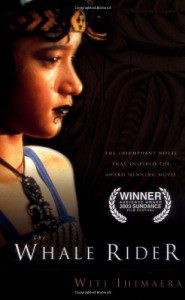 Witi Ihimaera, The Whale Rider (1987)
Witi Ihimaera, The Whale Rider (1987)
This month I went to New Zealand (my husband’s a Kiwi) and it seemed fitting to include a New Zealand book in my holiday reading. I watched and enjoyed the movie Whale Rider some years ago, so I thought I’d give the original novella a go.
In The Whale Rider, a girl named Kahu is born as the sole great-grandchild of Koro Apirana, chief of the Maori tribe of Whangara – a tribe descended from Kahutia Te Rangi, the legendary “whale rider.” Koro Apirana is desperate to find an heir, and Kahu shows many signs indicating that she is the rightful successor to her great-grandfather: she excels in studying Maori language and culture and has a deep connection with the ocean and its creatures. But Koro rejects her; according to his tribe’s strict laws, only men can become chief. While all this is happening in the world of humans, an old Bull Whale tries to lead his family to a safe home in the ocean, but disaster strikes and threatens to kill him and his kin. That’s when the world of people and whales collide.
Highly poetic and filled to the brim with wondrous imagery, The Whale Rider reads like a miniature epic myth. Those who have seen the movie will probably be surprised at the fantastical aspects of the novel – the whales’ story is just as important as the humans’ and the two are in fact mirrors of one another.
There is a lot in this beautiful story for Pagans to enjoy. Its environmental and feminist messages will no doubt appeal to a large percentage of Pagans, as will its focus on mythology and mysticism. Pagans will probably also like learning about traditional Maori culture and spirituality, a key theme in The Whale Rider; being nature-based and polytheistic with elements of animism and ancestor-worship, traditional Maori beliefs have a lot in common with Pagan religions originating from Europe. What’s more, a key message of The Whale Rider is the importance of treasuring culture heritage while also adapting to changing times, as well as the sacredness of nature – messages that will no doubt resonate with Pagans of all walks of life.







